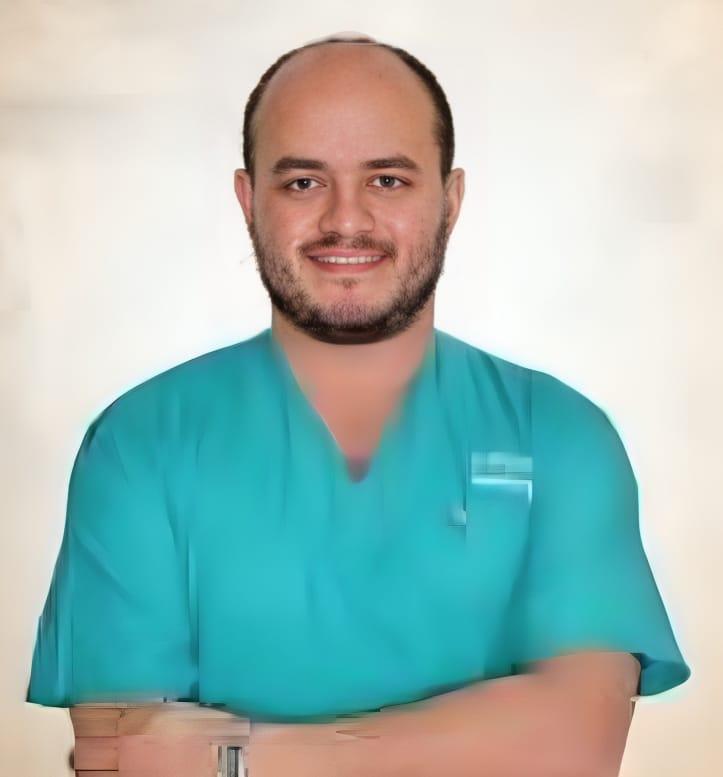Dr. Walid Al-Kafrawi – Specialist in General Surgery and Endoscopy
Dr. Walid Al-Kafrawi is a highly experienced specialist in general surgery and endoscopy, offering a wide range of specialized medical services in both pediatric and adult surgical care. Dr. Walid focuses on providing exceptional medical care and precise treatment using the latest techniques in surgery and endoscopy.
Medical Specialties:
Pediatric General Surgery 👶: Comprehensive surgical care for children in various conditions.
Abdominal Surgery 🍽️: Surgical treatments for various conditions affecting the digestive system and abdomen.
Endocrine Surgery 🦋: Treating disorders related to endocrine glands such as thyroid and adrenal glands.
Adult Gastrointestinal Surgery and Endoscopy 👨⚕️: Treating gastrointestinal diseases using advanced endoscopic techniques.
Trauma and Accident Surgery 🚑: Surgical treatment for injuries resulting from accidents.
Adult General Surgery 👩⚕️: Various surgical treatments for adults dealing with different health issues.
Pediatric Gastrointestinal Surgery and Endoscopy 👶: Diagnosing and treating gastrointestinal diseases in children using endoscopy.
Surgical Treatment of Congenital Defects in Children 🍼: Treating congenital deformities in children from birth.
Consultation Fee:
200 EGP per consultation. Dr. Walid Al-Kafrawi aims to provide high-quality medical services at affordable prices.
Clinic Location:
Al-Masri Hospital – Hurghada City, Al-Kawthar District
Al-Masri Hospital is located in the heart of Hurghada, making it a convenient location for patient care.
Contact Information:
For appointments or inquiries, you can reach us at: 01202667788
Dr. Walid ensures quick and easy service for patients through phone or in-person visits.
Why Choose Dr. Walid Al-Kafrawi:
Extensive experience in general surgery and endoscopy.
Use of state-of-the-art techniques in surgical and endoscopic treatment.
Comprehensive medical care for both adults and children.
Detailed post-surgery follow-up to ensure full recovery.
If you need a surgical consultation or treatment for a specific health issue, Dr. Walid Al-Kafrawi is the ideal choice for receiving top-notch care with the highest standards of professionalism and quality.

